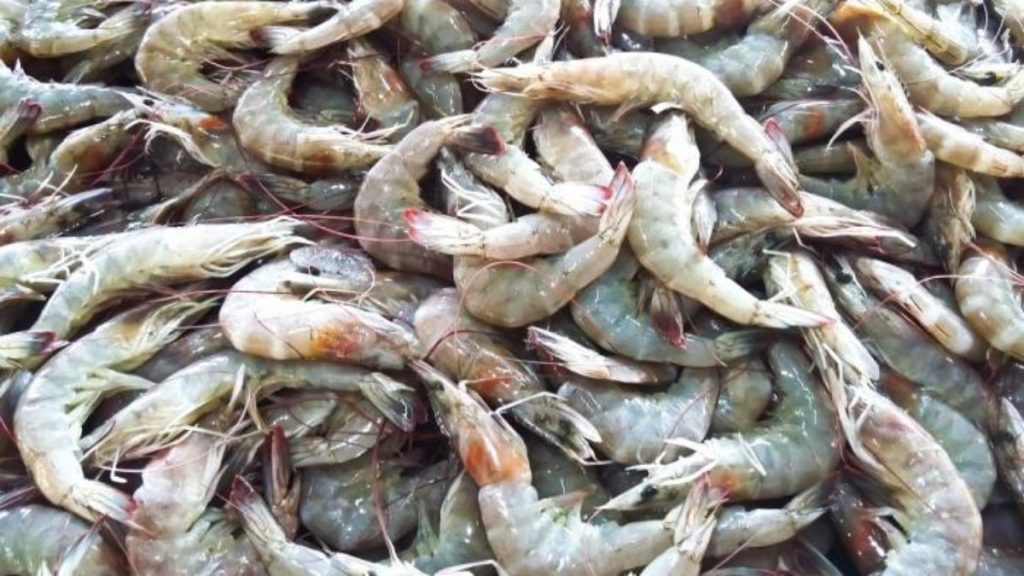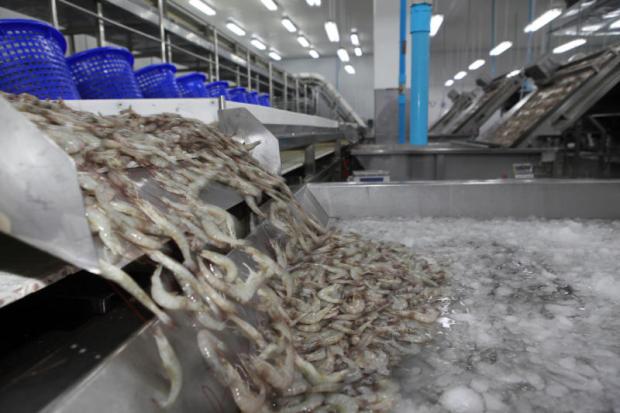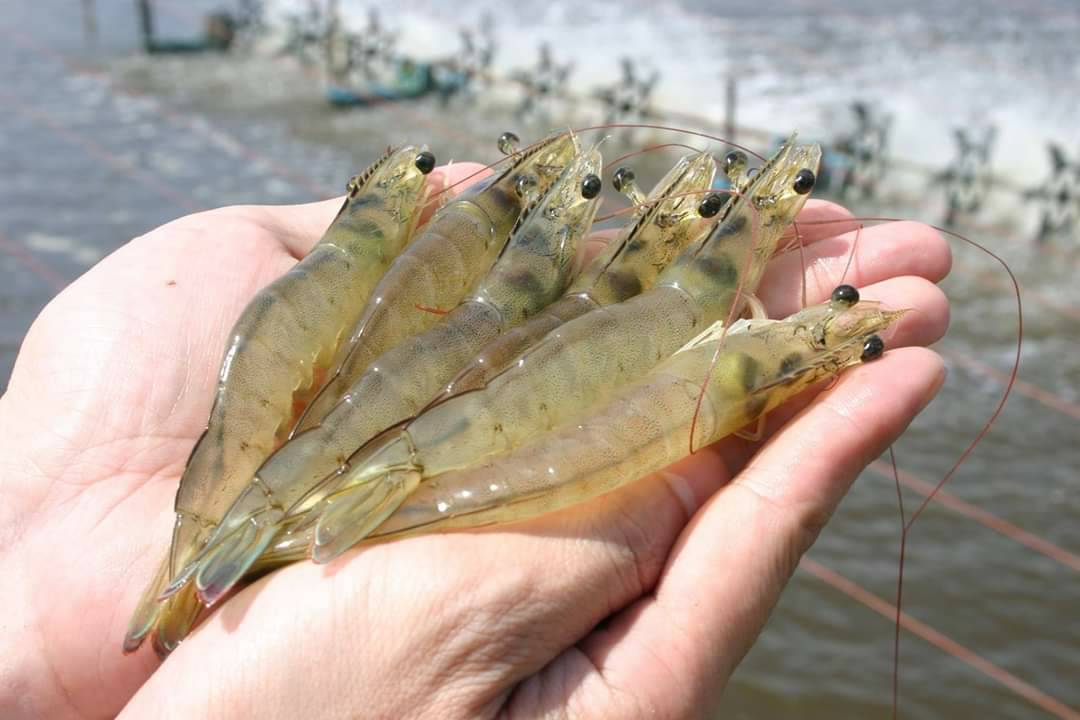According to TSFR, environmental balances have been increasingly popular in Thailand’s white shrimp farming industry, leading to changes throughout the supply chain from feed mill and farm environment to farming techniques as well as water and energy management to release less waste to the environment. Feed mill in particular relies on responsibly-sourced fish meal that meets international-standard practices. A new water management system was developed to achieve 100% recycling.
Meanwhile, the government has toughened its control on the fishing industry, to ensure fishing tools, fishing methods and vessel monitoring system (VMS) meet the Non-Illegal Unreported Unregulated (Non-IUU) regulation.
TSFR involved 8 seafood associations that participate in the Fishery Improvement Projects (FIPs), to ensure the maximum sustainability of fishing and related practices in the Andaman Sea and the Gulf of Thailand. The goal is to enhance efficiency in terms of environmental responsibility, transparency and traceability throughout the supply chain.
TSFR’s partners are National Fisheries Association of Thailand, Thai Overseas Fisheries Association, Thai Fishmeal Producers Association, Thai Feed Mill Association, Thai Frozen Food Association, Thai Shrimp Association, Thai Tuna Industry Association and Thai Food Processors’ Association.
The Department of Fisheries is a major partner of TSFR in leveling up the fishing industry, which results in legal and environmental-friendly fish meal. Coupled with continuous improvements in farming techniques for less waste, the collaboration helped encourage the European Union to lift its yellow card on Thailand and concurrently helped Thailand’s shrimp industry attain a higher rating under the Monterey Bay Aquarium’s Seafood Watch program. The latest Seafood Watch report confirmed improvements in several fronts in Thailand’s shrimp farming. In particular, the sourcing of fish meal and impacts on community won higher scores compared to the previous assessment. Winning “Yellow” recommendation, Thai shrimps are considered a good choice for US Consumers.
“We share the goal to eventually attain the “Best Choice” or Green recommendation for our shrimps sold in the US. That will indicate that our shrimps are from environmental-friendly farms and the best choices for consumers throughout the globe,” said TSFR.
The Seafood Watch program provides consumers with 3 recommendations - green, yellow or red. Green means the “Best Choice” as the shrimps are caught or farmed in ways that cause little harm to habitats or other wildlife. Yellow means "Good Alternative" thanks to emphasis on the catching and farming. Read means "Avoid” as they’re overfished or caught or farmed in ways that harm other marine life or the environment.
Dr. Sujint Thammasart DVM, Chief Operating Officer – Aquaculture Business of Charoen Pokphand Foods PCL (CPF), emphasized CPF’s sustainable sourcing policy and guidelines. CPF’s feed mill production relies only on responsibly and legally-sourced fish meal and the sourcing methods that leave zero impacts on the environment. The fish meal and by-products going to its production line meet the MarinTrust Standard Version 2.0, which is in line with the Food and Agriculture Organization of the United Nations (FAO)’s Code of Conduct for Responsible Fisheries.
CPF is also a founding member of FIPs for fishing improvements in the Gulf of Thailand and the Andaman Sea. It has forged extensive collaboration with MarinTrust in outlining the mixed trawl fisheries assessment criteria as pilot responsible-fishing standards for ASEAN, that involved participation from the private sector, the government and civil society.
“At CPF, the origin of raw materials is our basis to sustainably achieve food safety, aside from the use of labor force in accordance with Thai laws and international practices. Fairness, transparency and traceability is assured throughout the supply chain,” Dr. Sujint said


